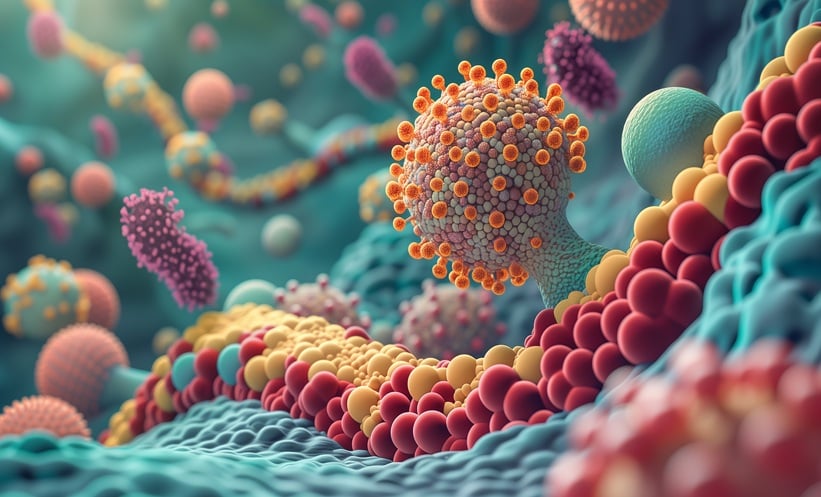THE GUT microbiome (GM) plays a vital role in maintaining human health, with its composition influenced primarily by diet, lifestyle, and environment rather than genetics. Populations consuming highly processed, mass-produced foods typical of a Western or industrialised lifestyle often show reduced microbial diversity and an increased presence of taxa linked to inflammation and immune disorders. In contrast, traditional or rural populations, whose diets are richer in unprocessed foods, tend to have more diverse GM profiles with beneficial bacteria such as Prevotella and those producing short-chain fatty acids.
This study explored the effects of a wild-food-only (WF) diet on the GM of a single individual over eight weeks. The middle four weeks involved consuming only wild, non-domesticated foods typical of autumn in northern Europe, while the participant maintained their usual environment and lifestyle. Unlike modern Paleo diets, this approach focused strictly on foods that would have been available to hunter-gatherer ancestors.
Results showed that the WF diet led to significant alterations in the GM, exceeding changes seen in previous dietary interventions. However, these changes did not completely transform the Western microbiome into a traditional one but rather created a unique microbial composition. Notably, there was an increase in the genus Blautia, linked to anti-inflammatory and metabolic benefits, and decreases in bacteria associated with dairy consumption, such as Bifidobacterium. Despite these shifts, ancestral “old friend” microbial species were not reintroduced, suggesting that dietary changes alone may be insufficient to restore lost taxa without broader environmental exposure.
Importantly, the GM changes persisted after returning to a normal diet, indicating potential lasting effects from short-term dietary interventions. This study highlights the adaptability of the human GM to dietary shifts, while also pointing to the complexity and inertia of the microbiome system influenced by multiple lifestyle factors.
Further research is necessary to understand the health implications of such microbial rearrangements and to investigate these effects in larger populations over extended periods.
Reference
Rampelli S et al. Consumption of only wild foods induces large scale, partially persistent alterations to the gut microbiome. Sci Rep. 2025;15(1):16593.








